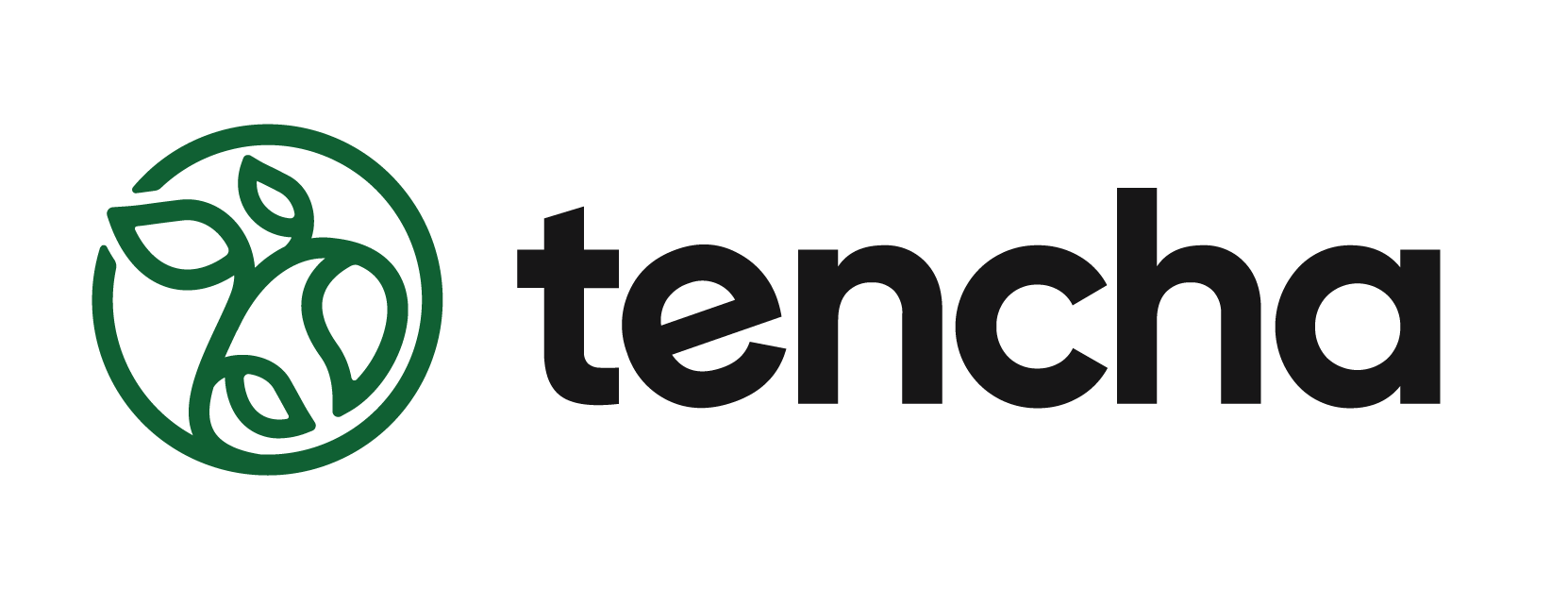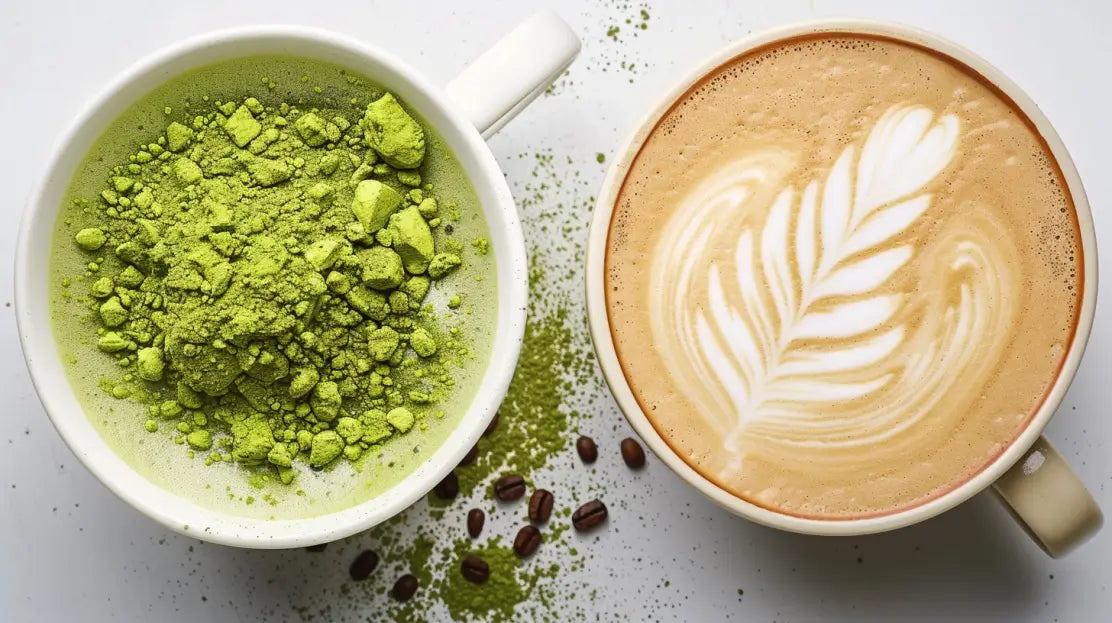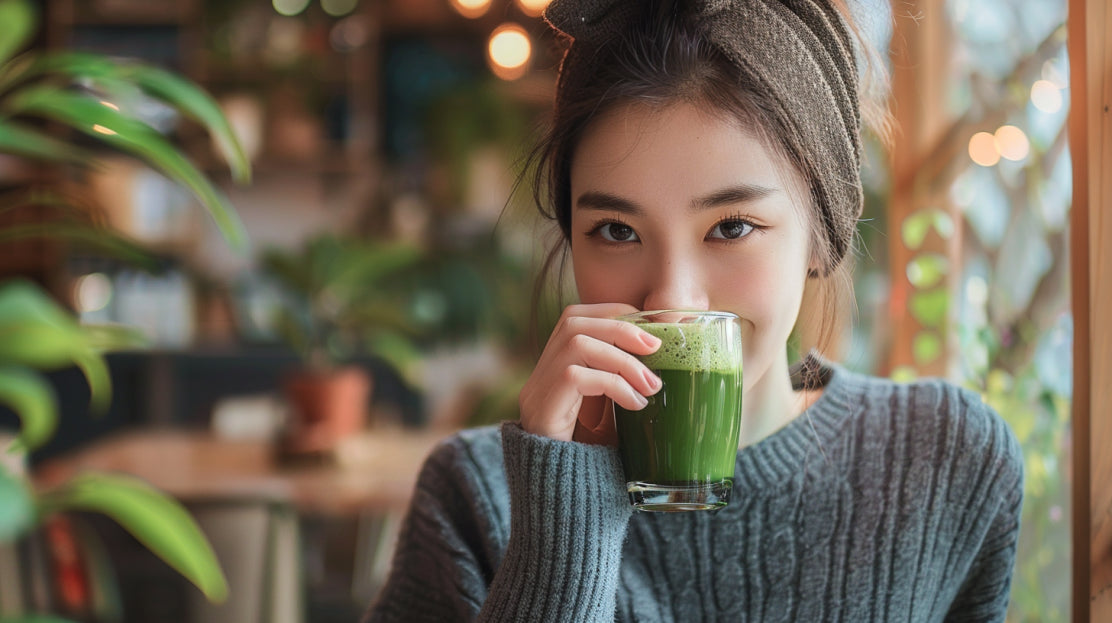What if your habits demand an immediate shift? What if your morning best friend, your daily dose of coffee, has a healthier substitute?
But why does coffee need an alternative, anyway?
A cup of coffee is an instant source of energy for most people. Its consumption kickstarts a lazy morning and refreshes a tiring evening. These immediate “benefits” are tempting and extremely addictive. What comes with having cups of coffee everyday are the jitters and the consequent energy drop outs.
The impact of continuous consumption of instant coffee is rather found to be harmful. Its sudden spike of energy is short lived and often stress igniting.
So, what is the substitute?
There exists a healthy and tasty alternative – Matcha. A powdered form of specially processed green tea, Matcha is an East Asian favourite. It is often described as a superfood, as it provides high nutritional value.
As a coffee drinker, you might be wondering why you should switch to matcha. After all, coffee has been your go-to beverage for years. But there are some good reasons to make the switch.
Matcha is a type of green tea that is made from shade-grown tea leaves. The leaves are ground into a fine powder and then combined with hot water. This results in a beverage that is packed with antioxidants and nutrients.
Coffee, on the other hand, is a drink that can be high in acidity and caffeine. While some people enjoy the jolt of energy that caffeine provides, others find it makes them feel anxious and jittery. If you're looking for a more mellow alternative to coffee, matcha is a great choice.

What is special about Matcha?
Matcha is grown differently green than tea leaves. The entire leaf of the plant can be consumed as opposed to other teas. This adds more chlorophyll to the fine powder and additionally makes it rich in antioxidants.
Consuming matcha could thus increase antioxidants in your body, which lowers the risk of certain chronic diseases. Moreover, it can enhance alertness and relaxation on a daily basis.
How is it different from coffee though?
The basic difference between matcha and coffee is the quantity and processing of caffeine. Moreover, caffeine spreads faster in your body through coffee, as compared to matcha. Thus, coffee gives you a rush of energy, with harmful long-term side effects like nervousness, headaches, and jitters.
On the other side, matcha absorbs caffeine very slowly. This is because it contains the sparse amino acid, l-theanine. This amazing chemical compound not only leads to sustained, jitter-free energy but also produces significant waves in your brain. In the long run, it leads to a calming state of alertness.
Thus, the presence of antioxidants and the great combination of caffeine and L- theanine, make matcha a powerhouse of health and relaxing zeal. It can even be called a way to perform liquid meditation.
Can it really replace coffee?
Yes! And in a much healthier way!
Coffee is essentially consumed to give an energetic kick to your day. Matcha performs the same function, with many additional benefits. Drinking matcha has been shown to have properties that can help fight cancer, increase your immune system, promote weight loss, and minimise the risk of heart disease. It is, indeed, a superfood.
Besides its obvious health benefits, there is another reason why matcha is the perfect substitute. Just like coffee, it tastes great in both cold and hot format. It can equally satisfy your warm winter cravings and cold, zesty demands.
Perhaps matcha is the new coffee.
Matcha green tea is easy to make and refreshing to consume. It is a habit that can truly transform your lifestyle.
It’s never too latte to make healthier choices, especially when they are matcha needed.




Leave a comment
This site is protected by hCaptcha and the hCaptcha Privacy Policy and Terms of Service apply.